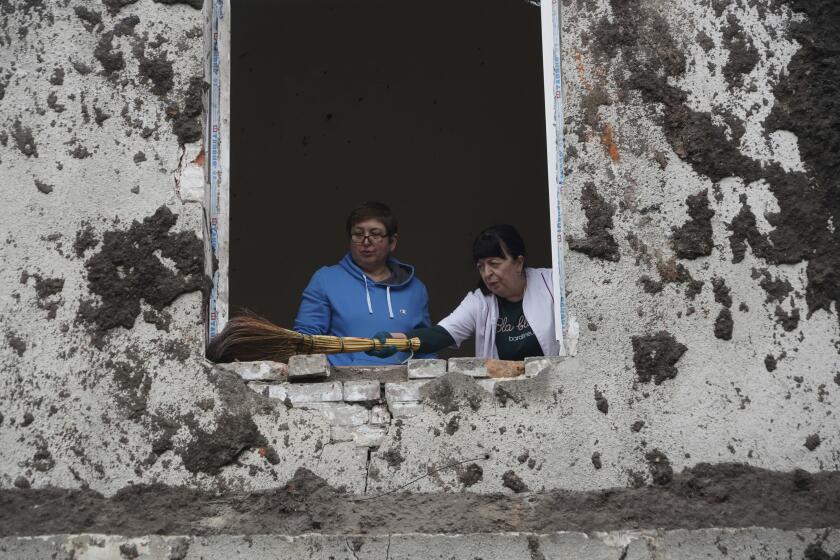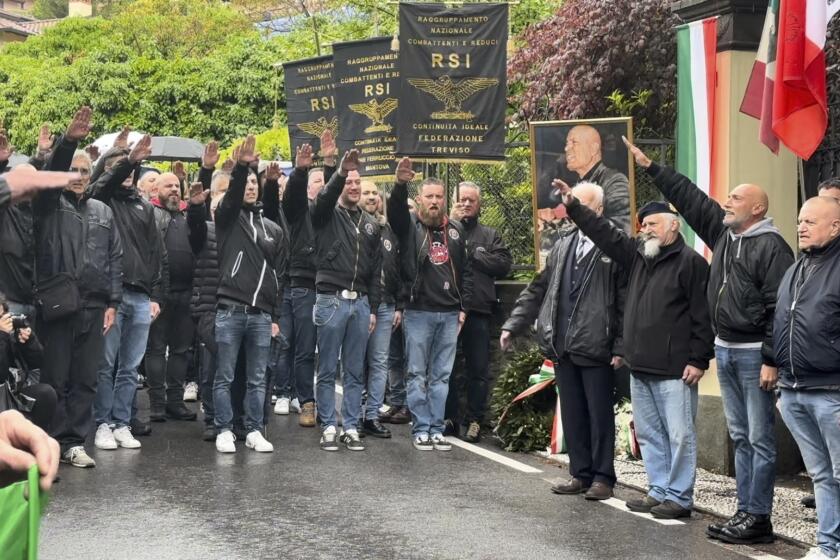U.S. and Soviets to Discuss Reagan Position on SALT
U.S. and Soviet experts will open talks soon on President Reagan’s decision to abandon the unratified SALT II treaty limiting strategic weapons and on nuclear testing issues, the White House announced today.
A special session of the U.S.-Soviet Standing Consultative Commission will be convened in Geneva on or about July 22 to deal with SALT, and the superpowers have agreed that their experts will also meet to discuss verifying underground nuclear explosions, spokesman Edward Djerejian told reporters.
Although he said the talks had been agreed to “without preconditions,” Djerejian stressed U.S. concern with verifying two unratified treaties limiting the size of nuclear tests and said only that the United States would be “willing to listen to other views” such as Moscow’s call for a complete test ban.
‘U.S. Will Be Ready’
“The U.S. will be ready to present and discuss our views on verification improvements in existing agreements which we believe are needed and achievable at this time,” he said.
Earlier, in London, Soviet Foreign Minister Eduard A. Shevardnadze suggested that Washington had agreed to discuss banning nuclear tests, but Djerejian reaffirmed that the United States regards such an agreement as “a long-term objective.”
“We believe such a ban must be viewed in the context of a time when we do not need to depend on nuclear deterrents . . . and when we have substantially improved verification capabilities,” Djerejian said.
Discussions Begin Next Week
Djerejian did not say when or where the nuclear test talks would take place but said the SALT II discussions will begin in Geneva next week.
He told reporters the United States had long sought a meeting with the Soviet Union to present its concerns about verifying the Threshold Test Ban Treaty of 1974 limiting the yield of tests to 150 kilotons and the Peaceful Nuclear Explosions Treaty of 1976 allowing testing only so long as it would not provide a weapons benefit otherwise precluded by the former pact.
Neither treaty was ratified by Congress because of the problems of checking compliance.
More to Read
Start your day right
Sign up for Essential California for news, features and recommendations from the L.A. Times and beyond in your inbox six days a week.
You may occasionally receive promotional content from the Los Angeles Times.






